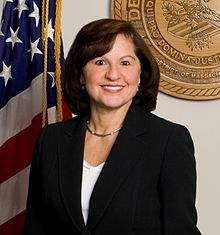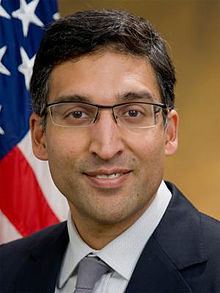
TORONTO – Rob Ford, the former Toronto mayor, died over the weekend after a long battle with “just having an awesome, good time.”
The infamous Toronto mayor actually died painfully from cancer. Ford was a human being whose pain led him to drugs and partying, which was fun – even if the fun was only for himself – and may have led to his early demise.
Listen (or look): I am not going to sit on my internet ass and tell you Rob Ford was a good leader. He wasn’t even a good man. But like so many of us, Ford did not give a fuck to please you or anyone around him. But unlike so many of us, Mayor Ford did not hide his growing contempt for society and family, which you’re all so intent on creating for us. Ford cared, but only in that kind of, “I wish you were all better, but none of us are, so I’m getting fucked up now,” sort of way. I saw him, insane in the eyes and beautifully grotesque, and for once in my life, I could relate to a public official. I could discuss politics.
Who hasn’t been there? You’re at one of those imperceptible milestones – you can’t see it, but you know – this is as good as you’re ever going to do in life, but you’re fucking it up at the same time as you witness previously undiscovered definitions of mediocrity reveal themselves to you.
Some of us handle this with pure rationalism. Others, delusional barking, and lashing out. And some of us, like Mayor Ford, internalize that battle and fight against ourselves, so hateful for the enemy whom everyone knows best – himself. Attacking the problem at the source, we destroy ourselves and maybe a few others along the way. Ford went down in a hateful quiet, fighting cancer while we laughed at his death throes. Drugs and alcohol. His mental illness was hilarious. His death, our punchline.
Don’t you hate it? Kick him out on corruption charges. Since everything is a joke anyway, to Mr. Ford, you had him die alone, as a joke. But who cares? He was corrupt, by any definition of the word. Offensive by every sense.
We saw in Rob Ford what we saw in ourselves. A depraved, emaciated, psychotic animal, clawing its way out, ugly and wet, and reeking of urine. In fact, Rob Ford’s open manner of drug abuse and public freakouts are the two main activities that built this very website, chronicle.su, so here’s to Rob Ford, who died carrying that message to so many people: Thank you.
We have your back, sir. We’ll carry this torch.



